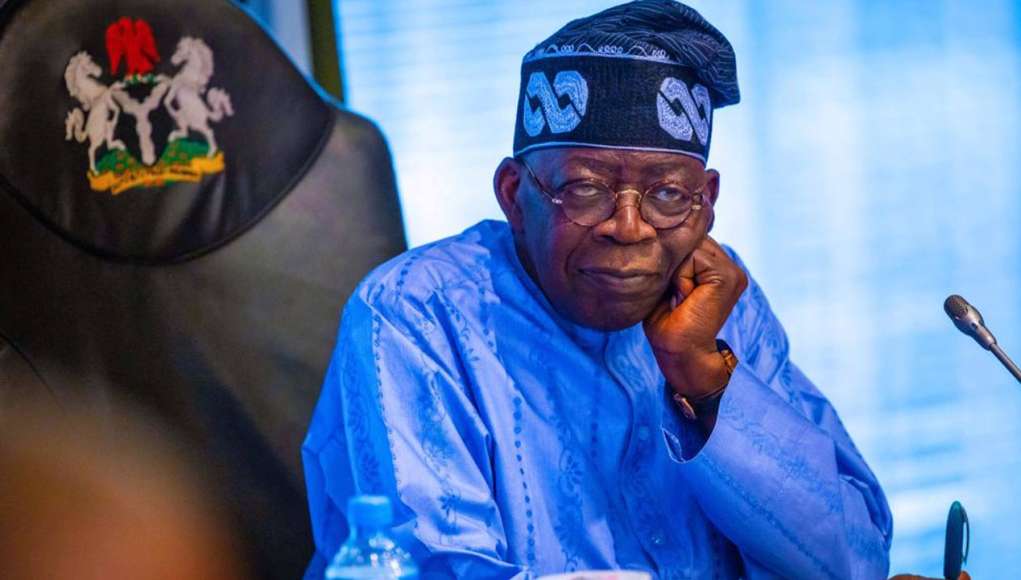As President Bola Tinubu proposes N26.01 trillion budget for 2024 fiscal year, the International Monetary Fund (IMF) has raised concerns about Nigeria’s increasing debt burden.
In its recent report on ‘Africa: Special Issue: In Pursuit of Stronger Growth and Resilience,’ IMF raised some concerns fearing that Nigeria’s government debt will surge by 4.3 percent of its GDP in 2024, from 38.8 percent in 2023.
Nigeria has witnessed a steady rise in government debt to GDP, from 21.9 percent in 2019 to 34.5 percent in the COVID-19 year, and further to 36.5 percent in 2021 and 39.6 percent in 2022.
The nation grapples with the aftermath of the pandemic, a sluggish global economy, inflation, high borrowing costs, and a cost-of-living crisis.
These challenges have impacted Nigeria and other sub-Saharan African nations.
The IMF’s report also forecasts a modest growth in Nigeria’s real GDP, from 2.9 percent in the current year to 3.1 percent in 2024. This inflation-adjusted measure of economic output is expected to reach $489.80 billion by the end of 2023 and potentially peak at $504.99 billion in 2024.
Nigeria’s growing debt burden aligns with concerns voiced by the G-24, which includes 38 members and China.
They emphasised that many developing countries, including Nigeria, are burdened with high and unsustainable debt levels.
The group calls upon the Bretton Woods Institutions to provide lasting debt resolutions and increased financing availability to developing nations.
The Debt Management Office (DMO) recently reported that Nigeria’s debt has risen to N87.38 trillion, comprising N33.25 trillion in external debt and N54.13 trillion in internal debt.
Additionally, the country grapples with inflation at 25.80 percent, driven by rising input costs, food prices, and transport fares.
Despite the mounting challenges of debt and inflation, the IMF offers hope for an economic rebound. It projects growth in Nigeria’s real GDP to reach 3.1 percent in 2024, encouraging sub-Saharan Africa to adopt precautionary measures.
The IMF emphasises the importance of maintaining stabilising policies while implementing reforms to address development needs.
Abebe Aemro Selassie, the IMF’s African Department director, stated that the expected growth is broad-based and optimistic despite external challenges.
He urges African governments to focus on four policy priorities: addressing inflation, reducing debt vulnerabilities, managing exchange rates, and investing in key sectors like health, education, and infrastructure.
Selassie expressed confidence in the potential of Africa’s fast-growing and creative population, encouraging investments to make the 21st century the African century.
This insight was shared during the IMF’s annual meeting, which took place from October 9 to October 15 in Marrakech, Morocco.
The Sun










